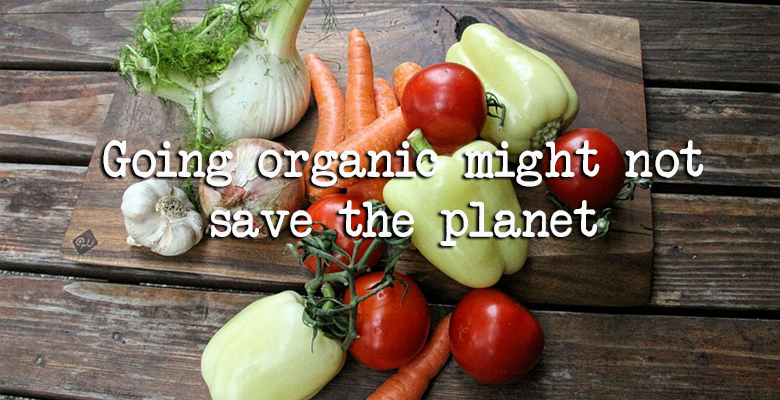
Recent findings released by Stanford University have found that going organic with our food might not be helping the planet as much as we first thought.
The 2012 study, by Stanford University’s Centre for Healthy Policy, was the biggest comparison of conventional and organic foods ever undertaken, yet found no evidence to support organics being more nutritious was found.
Not only this, but a brand-new review into the findings by the University of Basilicata, Italy, has backed up the initial American research.
But what does this mean for our eating habits? What is clear from the findings is that mass-market farming methods are going to have more of an adverse effect on the immediate environment to a greater effect than that of a single farm field.
Organic farms use less energy, create less greenhouse gases and have lower nitrogen leeching than a standard field.
But with organic farms having lower production outputs, you need exponentially more land to produce the same amount of food.
This truly is a catch-22 dilemma, as we constantly look to feed our growing population, which currently stands at around a staggering 7.4 billion.
That’s a serious amount of people that need feeding.
The findings also suggest that if we were to scale organic production up to levels that would be necessary to meet the demand and current output levels of current farming methods, an area the size of 2 United Kingdoms would be required for the United States to produce the same amount of food produced today.
But as a result of scaling, the greenhouse gases produced to reach synthetic farming outputs would be around the same, but with 10 per cent more nitrous oxide, ammonia and acidification of soil occurring due to this scaling up procedure.
We also have the increased cost of producing food via organic methods, which would see the lower-income portion of our population suffer due to lack of food affordability.
Organic foods seem to be a rich world phenomenon, 90% of organic food purchasing is in North American and Europe, such an increase in organic food sales in affluent areas of the planet means that the remainder of the planet still relies on traditional synthetic growing methods.
We obviously all need to eat, and current farming methods are providing that necessity, converting to organic methods could cause billions to go without food.
It seems that as much as we would like to think we are saving the planet by buying fresh organic produce, we are in reality only improving our self-esteem, not saving the planet after all.
